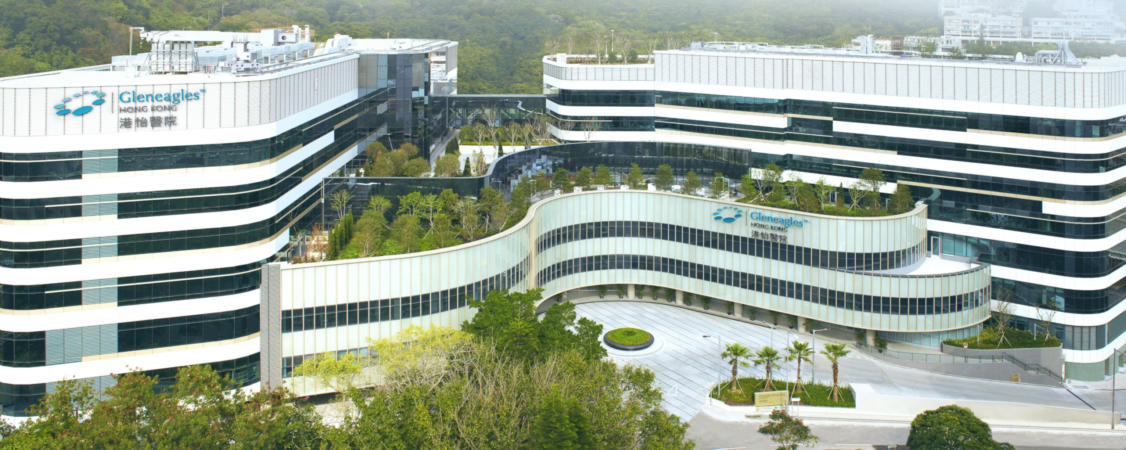Polycystic Kidney Disease
What is Polycystic Kidney Disease?
Polycystic kidney disease (PKD) is an inherited condition characterised by progressive replacement of normal kidney tissue by cysts, often accompanied by hypertension and deteriorating kidney function. Both kidneys can be affected, and the cysts can keep growing so that the size of the kidneys can be very big. Sometimes the liver is involved as well. Endstage kidney failure may occur eventually.
There are two types of polycystic kidney disease:
- Adult polycystic kidney disease
- Infantile polycystic kidney disease (a rare type)
Polycystic kidney disease is an inherited disease whereby the abnormal genes causing the disease are passed from parents to their offspring.
- High blood pressure
- Pain in the back and sides
- Upper abdominal pain and distension associated with liver cysts
- Pain due to bleeding into cysts
There is currently no cure for Polycystic Kidney Disease. However early diagnosis with optimal blood pressure control can slow down the rate of kidney function deterioration. New drug(s) have just been introduced to clinical use, which may help retard the growth of cysts when given at an early stage.






